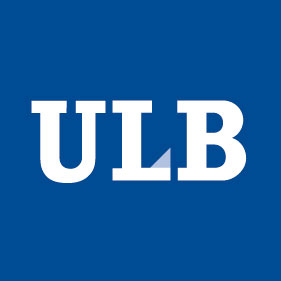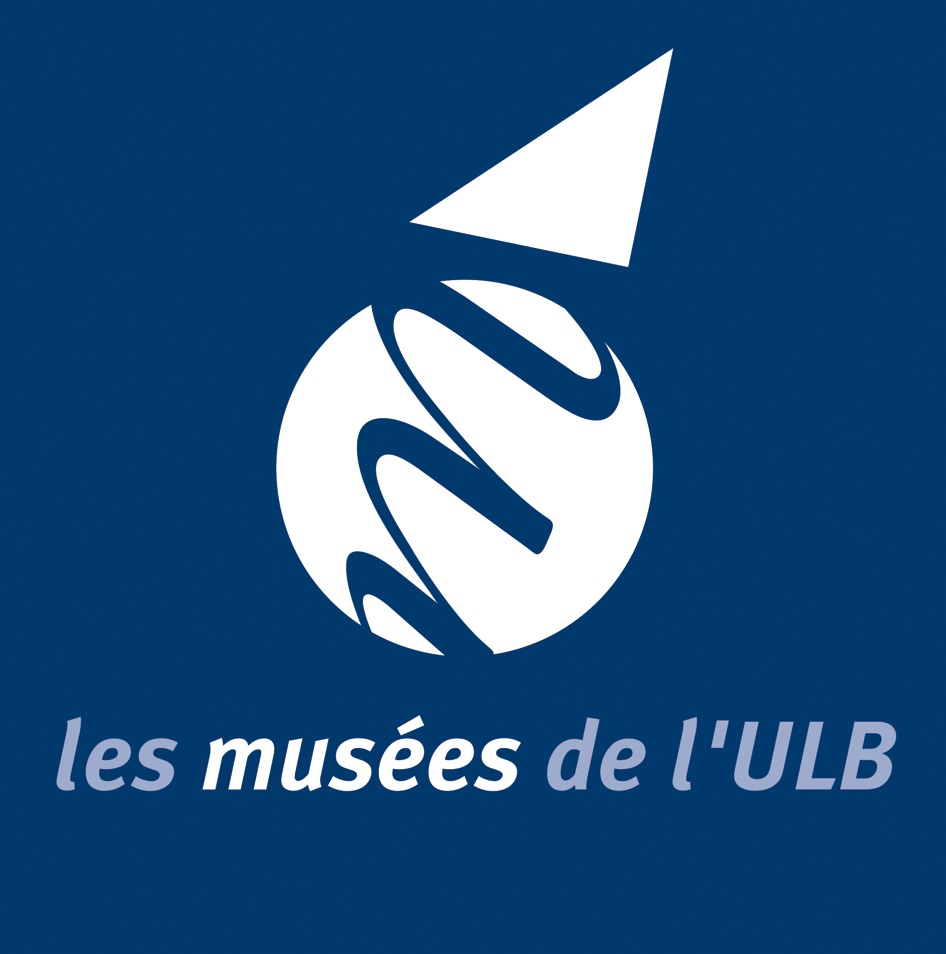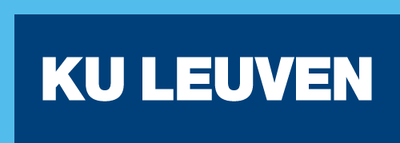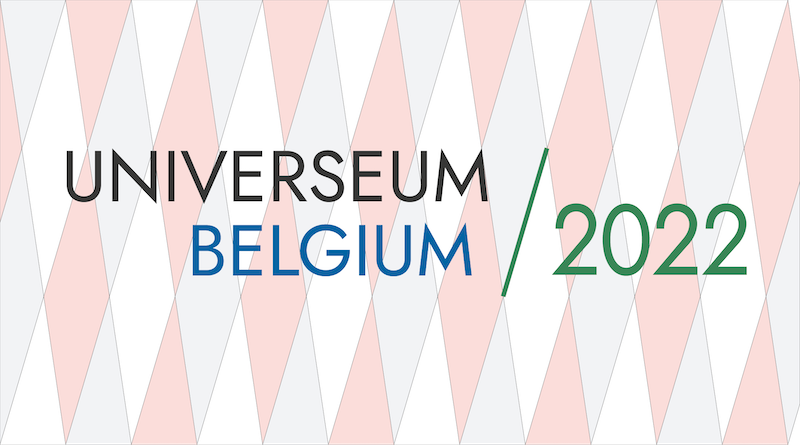Save the date : 5 – 8th july 2022
University Museums & Collections : Challenges of the Past – Responsibilities for Today
General Theme:
During the 2021 UMAC-UNIVERSEUM joint conference many issues were raised and discussed by our community. Among them was our capacity to position ourselves among the many challenges our contemporary society are confronted to, to define our priorities and take actions, to enhance our ability to push the limits, experiment while being aware of our constraints and knowing how others made the best out of it. During the 2022 Universeum Annual Conference in Belgium, we would like to continue this debate and focus it specifically in relation to university museums (U-museums) and collections. Can, or should, U-museums be in the forefront of social and political change? And if so, how can they have more impact on society? Secondly: Across Europe there have been times of significant development, but also times of extreme violence and abuse, inside and outside of the European boarders. These pasts are often reflected in the European U-collections and other U-heritage. How can we deal effectively and appropriately today with the challenges of their past? What are the constraints and opportunities?
During the 2022 Universeum meeting, we want to explore different ways of encouraging discussion and debate around the main themes outlined above, as well as allow as many voices from the community to be heard as possible. We would like to combine short papers, with longer in-depth contributions that reflect more broadly on these themes rather than present specific projects, as well as invite dialogue and discussions from all participants. Under the main theme of “University Museums & Collections: Challenges of the Past – Responsibilities for Today”, we thus invite proposals for 5- or 15-minute talks on one of the following two sub-themes or for posters addressing the overall theme:
Subtheme 1: Taking up our role in society
As centers of knowledge production in higher education, universities are at the heart of the debate and the thinking about transformations in society on themes like environment, immigration, human rights and personal data trade. And of course, political, economic, social and cultural shifts in society are in turn inevitably influencing that same knowledge production and education. Acknowledging this strong interaction with, and impact on society is part of the so called third mission of higher education. Universities are in theory bound to this third mission, but they do not always commit to it strongly.
At the same time, scientists have to deal with a growing suspicion towards science, in this era of ‘Fake News’ on the one hand, and of activism on the other. Science communication is therefore more than ever of great importance for the academic community. But to really reach out to all parts of society, academics are urged to step out from their Ivory Tower. Most U- museums have claimed a role in this mission, knocking down the walls between the broader public and universities, trying to facilitate dialogue. This is a very important but difficult role in these polarized times.
The following questions may trigger constructive conversation:
How do U-museums pick up on this role of assisting academics to reach out to all parts of society? How do they position themselves in these hot debates? Do they act merely as facilitators or do they take a stand?
Could and should U-museums be the forerunners in addressing societal issues? What alliances and partnerships shall we build?
Are they, as a part of the academic community, better equipped than the other types of museums to act according to United Nation 2030 agenda for sustainable development? At the same time, how can they avoid positioning themselves as the experts and only «speakers of the Truth», for instance, in matters concerning human rights, the environment or democracy? How can U-museums live up to ICOM’s proposed ideal of a “democratizing, inclusive and polyphonic space for critical dialogue about the pasts and the futures” of tomorrow?
Subtheme 2: Dealing with a challenging past
Many universities are confronted today with difficult and controversial issues concerning their collections, particularly in relation to objects acquired in a context of (colonial) domination or war. A strong characteristic of U-collections is this constant tension between their “original” value and their scientific or educational value today. The following questions may provide starting points for discussion:
How does this tension between original value and contemporary alternative interpretations affect the way we collect, catalogue and display these objects? What does this mean for our thinking about ownership?
Should we expect U-museums and U-collection keepers to reflect more and more effectively than others on these kind of issues, since they are part of an academic environment generally known as a place of research, reflection and knowledge production?
Workshop
In addition to the conference, you can participate in a workshop in Brussels. This will take place before the conference. For more information, go to this page:
Pre-conference Training Workshop
Programme Committee
- Nathalie Nyst, Université Libre de Bruxelles (Belgium)
- Nathalie Poot, Katholieke Universiteit Leuven (Belgium)
- Frédérique Andry-Cazin, Sorbonne University (France)
- Esther Boeles, University of Amsterdam (NL)
- Marjan Doom, Ghent University (Belgium)
- Maria Economou, The Hunterian, University of Glasgow (UK)
- Nicole Gesché-Koning, Université Libre de Bruxelles (Belgium)
- Sébastien Soubiran, Jardin des sciences, University of Strasbourg (France)
- Martin Stricker, Coordination Centre for Scientific University Collections in Germany, Humboldt University Zu Berlin (Germany)
- Kevin Troch, Université de Mons – UMONS (Belgium)
- Geert Van Paemel, Katholieke Universiteit Leuven (Belgium)
Universeum Conference from Tuesday July 5 to Friday July 8, 2022
Université libre de Bruxelles, Solbosch campus, Avenue F.D. Roosevelt 50, 1050 Brussels
KU Leuven, Oude Markt 13, 3000 Leuven




